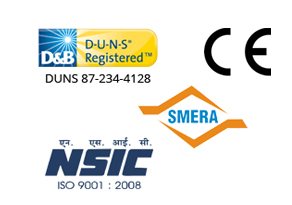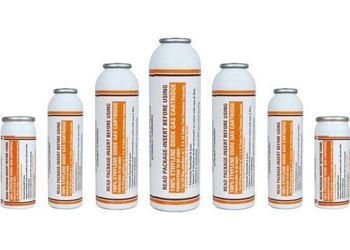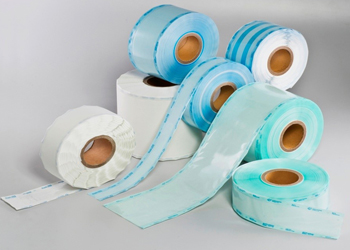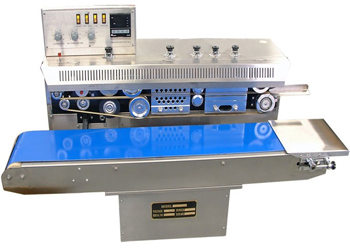Ethylene Oxide (ETO) sterilization is a crucial process for ensuring product safety and quality across various industries. In South Korea, this method plays a significant role in safeguarding public health and maintaining the integrity of products used in healthcare, pharmaceuticals, and beyond. This article explores the industries, applications, and impact of ETO sterilization practices in South Korea.
Introduction
Ethylene Oxide (ETO) sterilization is a vital process used to eliminate harmful microorganisms from products, ensuring they are safe for use. In South Korea, ETO sterilization plays a pivotal role across various industries, contributing to public health and safety.
The Role of ETO Sterilization in Product Safety
ETO sterilization effectively eradicates bacteria, viruses, and other microorganisms from products without compromising their quality or functionality. This method is particularly valuable for sensitive materials and intricate devices.
Industries and Applications in South Korea
Healthcare and Medical Devices
South Korea’s healthcare industry relies on ETO sterilization to ensure the sterility of medical devices, surgical instruments, and implants. Sterilization prevents infections and complications that may arise from using contaminated equipment.
Pharmaceuticals and Biotechnology
ETO sterilization is crucial for maintaining the sterility of pharmaceutical products, especially those used for injections, infusions, and implants. Sterilization prevents microbial contamination and preserves the efficacy of medications.
Food and Beverages
In the food and beverage industry, ETO sterilization is employed to eliminate pathogens and extend the shelf life of products. Spices, herbs, and certain food ingredients undergo ETO sterilization to ensure consumer safety.
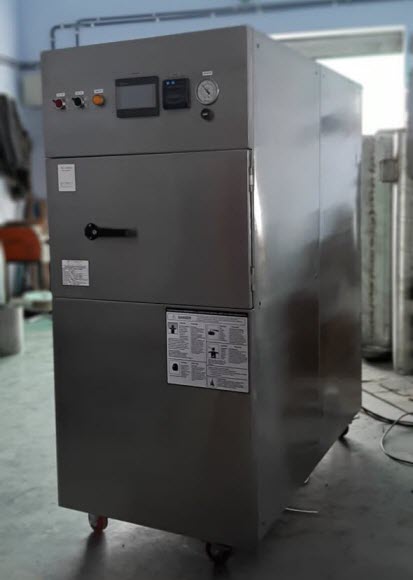
Impact on Public Health
Preventing Infections and Contamination
ETO sterilization significantly reduces the risk of infections caused by contaminated medical devices, instruments, and pharmaceutical products. This has a direct positive impact on patient outcomes and overall healthcare quality.
Ensuring Safe Pharmaceuticals
In the pharmaceutical industry, ETO sterilization ensures that medications remain free from microbial contamination, safeguarding patient health and wellbeing.
Regulatory Framework and Compliance
South Korean Food and Drug Administration (KFDA)
The South Korean Food and Drug Administration (KFDA) oversees and regulates ETO sterilization practices in the country. The KFDA ensures that sterilization processes adhere to strict standards and guidelines, contributing to safe and effective products.
International Standards and Guidelines
South Korea follows international standards and guidelines for ETO sterilization. These standards, such as ISO 11135 for medical device sterilization, ensure uniformity and consistency in sterilization practices.
Sustainable Sterilization Practices
Efforts are being made in South Korea to adopt more sustainable and environmentally friendly sterilization practices. This includes exploring alternative sterilization methods, optimizing processes, and reducing emissions.
Continuous Advancements and Future Prospects
Advancements in sterilization technology, equipment, and best practices continue to shape the field of ETO sterilization. As industries evolve and new challenges emerge, innovative solutions and approaches are being developed to enhance product safety and quality.
Conclusion
Ethylene Oxide sterilization is a critical practice across various industries in South Korea, playing a pivotal role in ensuring product safety, quality, and public health. From healthcare to pharmaceuticals and food production, ETO sterilization contributes to safeguarding consumers and maintaining the integrity of products. With a commitment to regulatory compliance, sustainability, and technological advancements, South Korea’s ETO sterilization practices are poised to continue positively impacting industries and public health in the years to come.

